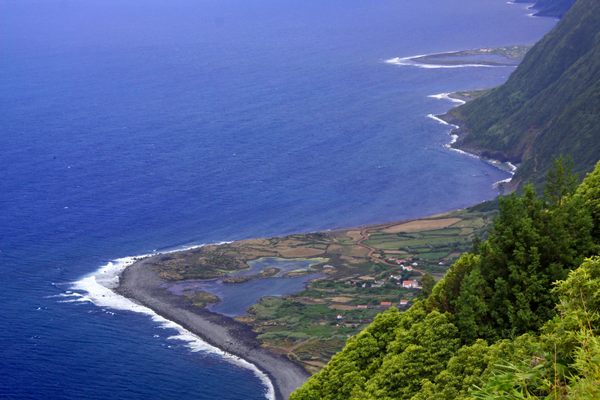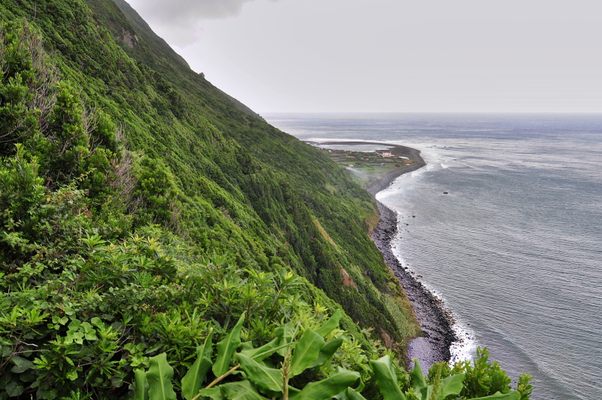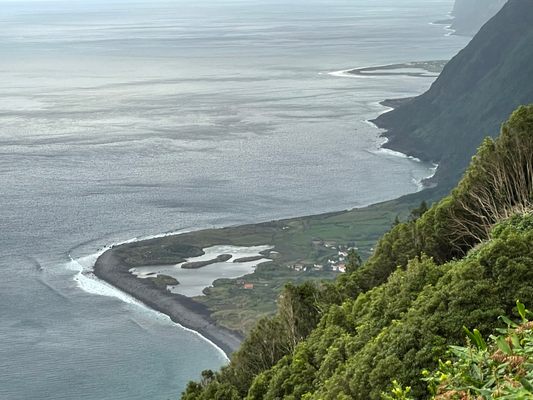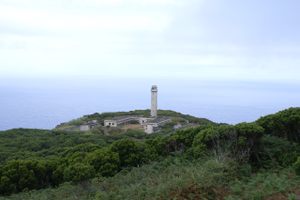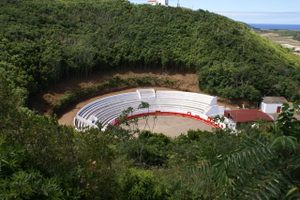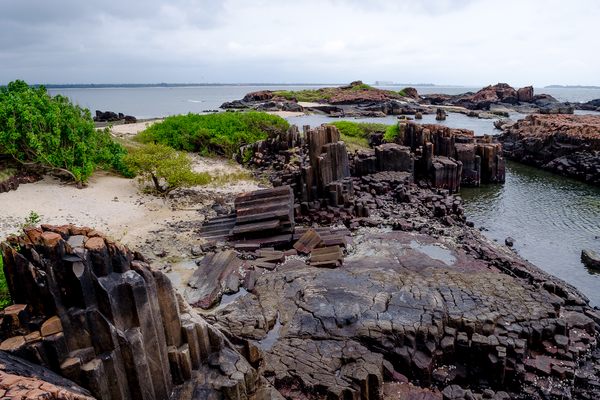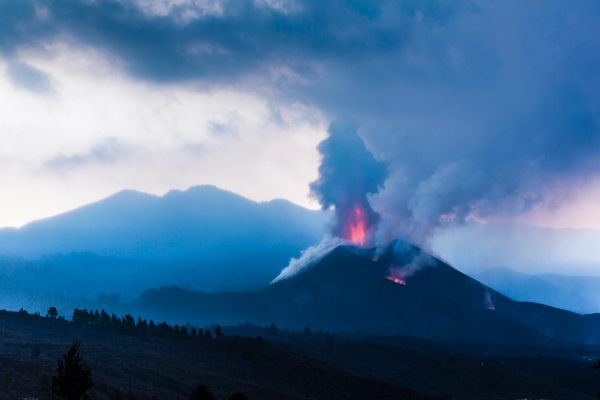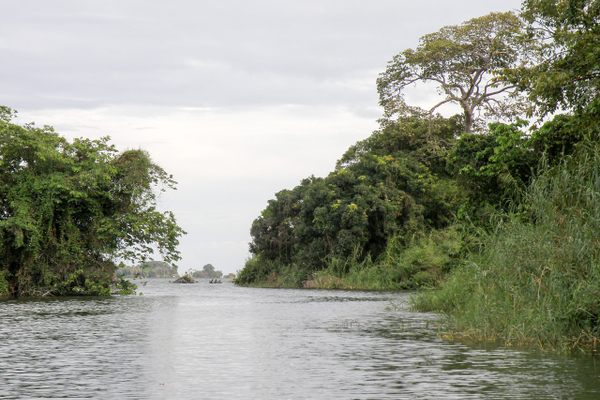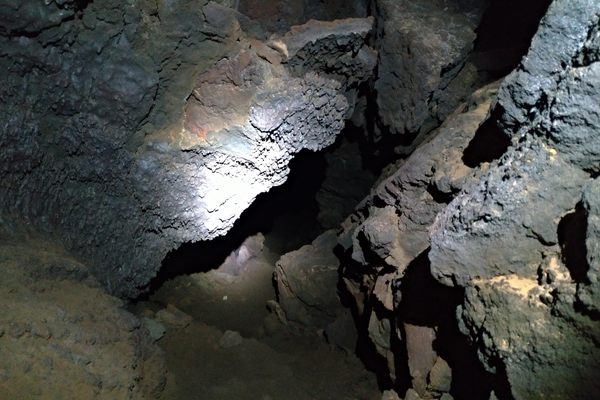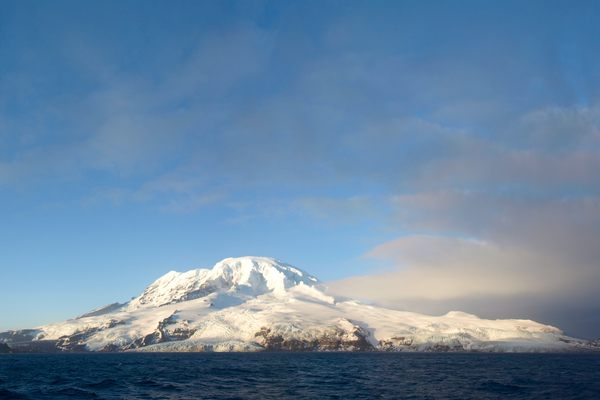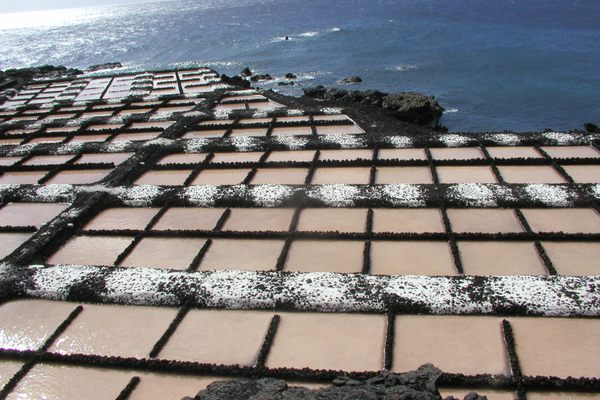About
São Jorge is one of nine islands that make up the Azores archipelago. The long, narrow landmass measures just 53 kilometers (33 miles) long and 8 kilometers (5 miles) wide. A high plateau runs along the center of São Jorge, marked by a row of volcanic peaks. At the foot of the steep cliffs lie a number of fajãs, flat extensions of land close to sea level that stretch out from the island.
Although all of the Azorean islands have fajãs, São Jorge has the highest concentration by far—and arguably some of the most beautiful. The fajãs consist of small areas of flat terrain surrounded by cliffs. Many of them were created by ancient lava flows hundreds of thousands of years ago.
There are 46 fajãs on São Jorge, about two thirds of which are located on the north coast. They have fertile soil, and have historically been used for growing fruits, vegetables, wheat, and other crops. Thanks to microclimates, some of the fajãs can support tropical species such as coffee and bananas. Specimens of the rare dragon tree can also be seen on occasion.
Each of these areas offers something unique: Fajã da Caldeira do Santo Cristo is a protected nature reserve with an underground cave, and it is also famous for being home to a particularly tasty type of clam. The Fajã dos Cubres is known for a crystal clear lagoon. Fajã do Ouvidor is the most populated, with about 30 resident families.
Most of the fajãs are inhabited, but getting down there might be a little tricky because the roads are very treacherous and zig-zaggy. Some of the fajãs are only accessible by sea. Some also have lagoons, including the best-known: Fajã dos Cubres and Fajã da Caldeira. At night you can clearly hear the unusual calls of the Corry's Shearwater, that can last until midnight.
Related Tags
Know Before You Go
As said getting to the fajãs can be challenging.
One way that you can see all of the fajãs of São Jorge at once is by making a boat trip around the island. Keep in mind that sometimes the boat can be unavailable for days, and it won't be a short trip.
Portugal: A Culinary Adventure from Porto to Lisbon
Explore Portugal through food, from the cities to the seaside.
Book NowCommunity Contributors
Added By
Published
April 8, 2021


